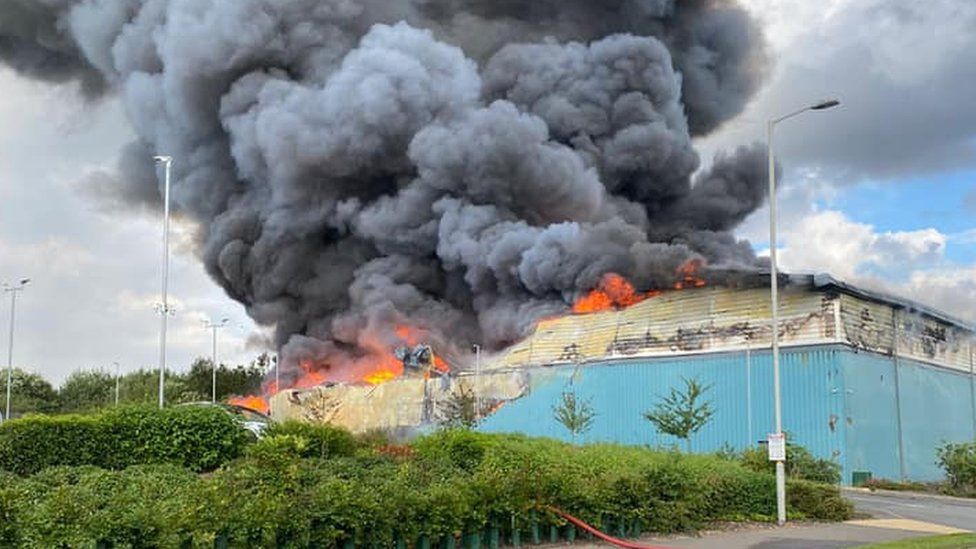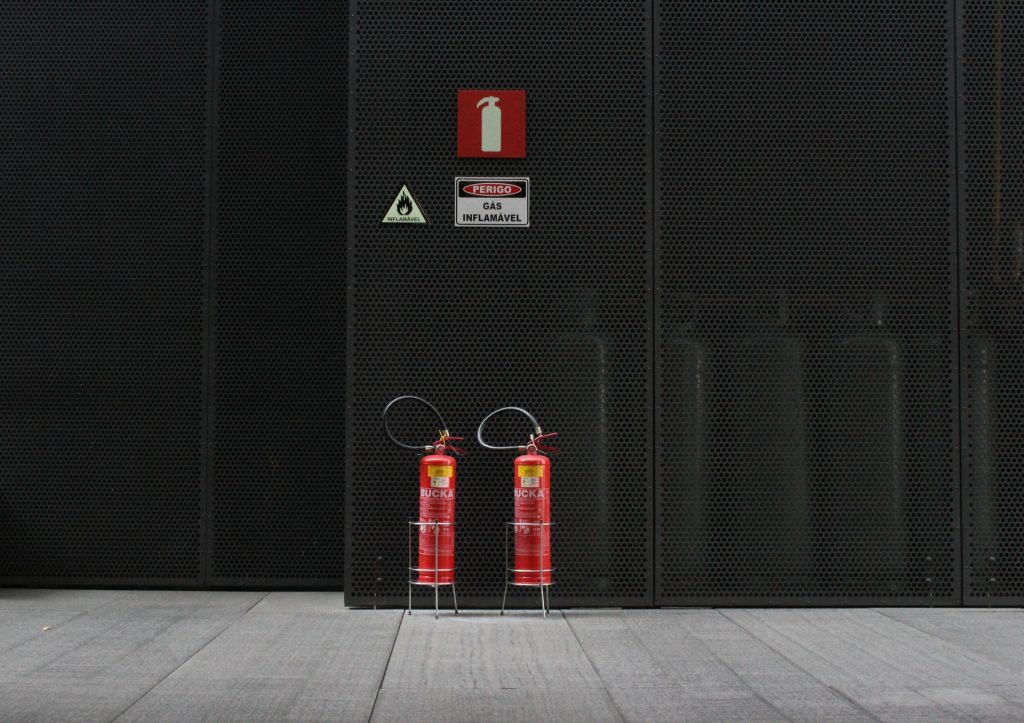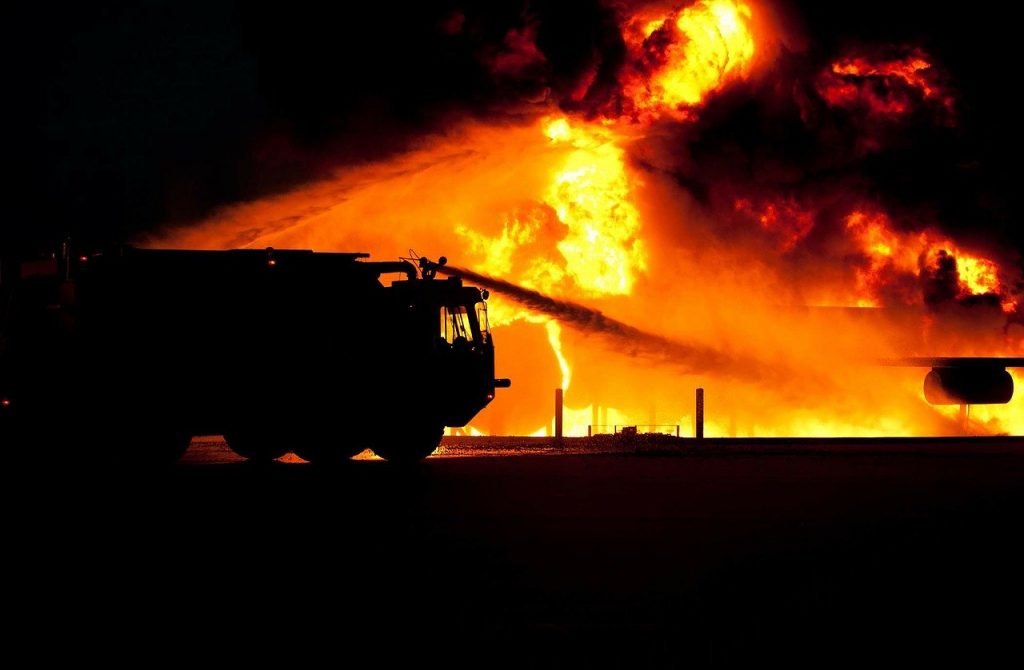Who needs a fire prevention plan?
Certain businesses must have a fire prevention plan approved by the Environment Agency. This includes all waste management facilities and recycling facilities in England and Wales.
This is in addition to the ‘suitable and sufficient’ fire risk assessment that is required under the Regulatory Reform (Fire Safety) Order 2005 for all commercial buildings, non-domestic premises and multi-occupancy properties.
What is the purpose of a fire prevention plan?
In order to be approved by the Environment Agency, a fire prevention plan must meet three main objectives:
- Minimise the risk of a fire starting.
- Increase the chance to extinguish fires within four hours.
- Reduce the spread of fires within your premises and to neighbours.
The Environment Agency publishes a 19-step guide to fire prevention plans, which we are qualified and experienced to help you complete successfully.
You may also qualify for an exemption from the four-hour target to extinguish fires, for example if you can show that a longer blaze would not put lives or property at risk.
What happens if my company doesn’t have a fire prevention plan?
If you do not have an approved fire prevention plan in place, you may be considered responsible in the event of accidental ignition of combustible materials.
The punishment for this includes an unlimited fine and up to two years in prison, especially if the fire causes considerable damage, spread to neighbouring premises or causes harm to life.
Remember your fire prevention plan must be approved by the relevant UK environmental agency – just writing a plan without getting it approved is not good enough.
How do I get my fire prevention plan approved?
We can help you make sure your fire prevention plan is considered ‘sufficient’ by the Environment Agency.
To do this, we help you to follow their 19-step plan to assess your premises, identify fire risks and introduce measures that prevent the accidental ignition of combustible materials.
You should send your fire prevention plan to the Environment Agency at the same time you apply for your permit to conduct waste operations that involve combustible waste.
With Recycling Training Services’ help, you can make sure you’re ready to do this, with a sufficient fire prevention plan that gives you the best chance of being authorised by the UK environmental agency.




